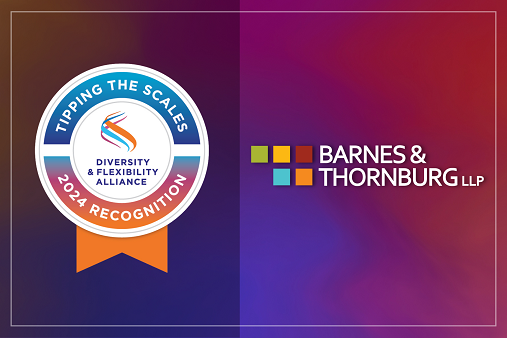 A recent decision out of a Louisiana federal court demonstrates that all employers who are sued in cases where the Equal Employment Opportunity Commission (EEOC) handled an administrative charge should promptly send out a FOIA request to obtain the EEOC’s file.
A recent decision out of a Louisiana federal court demonstrates that all employers who are sued in cases where the Equal Employment Opportunity Commission (EEOC) handled an administrative charge should promptly send out a FOIA request to obtain the EEOC’s file.
In
Williams v. Cardinal Health Systems 200, LLC, a female employee reported to her employer that her husband had gotten into a fistfight with one of her co-workers, allegedly because the co-worker was sending her inappropriate text messages. The employee was fired shortly thereafter on Sept. 26, 2011.
Nine months later in June of 2012, a lawyer wrote to the employer on behalf of the former employee, suggesting that his client had suffered sexual harassment. The lawyer also suggested that the employer had retaliated against the employee for complaining of the sexual harassment when it fired her. A few weeks later, the lawyer helped the employee fill out and submit an EEOC intake questionnaire form.
After receiving the questionnaire, the EEOC advised the former employee that her questionnaire was incomplete, and that, among other things, she needed to sign and verify her allegations. Her lawyer eventually provided the necessary information, and the EEOC sent out a notice of charge of discrimination to the employer in October 2012, followed by a notice of right to sue. The employee then filed a lawsuit against the company in December 2012.
The employer filed a motion to dismiss the lawsuit, arguing that the employee had waited too long to bring her claim. The court noted that the employee had 300 days from the date of the alleged retaliation—or until July 22, 2012, to raise her claims with the EEOC. She had contacted the EEOC before then, but her questionnaire was incomplete. The charging party and her lawyer did not complete it before July 22. Thus, her claims were time-barred and her case dismissed.
The case provides a good example of an important litigation tool. The dismissal hinged on the EEOC’s file, which proved when the employee submitted her questionnaire, what the questionnaire contained, how the EEOC responded, and when and how her lawyer supplied the additional information. Employers typically are not privy to these communications and would not even know about them unless they obtain a copy of the agency’s file. And there is the lesson:
all employers who are sued should make sure to request the EEOC or charging agency file as soon as possible. You never know what gems might be hiding in there just waiting for you to find them.
 A recent decision out of a Louisiana federal court demonstrates that all employers who are sued in cases where the Equal Employment Opportunity Commission (EEOC) handled an administrative charge should promptly send out a FOIA request to obtain the EEOC’s file.
A recent decision out of a Louisiana federal court demonstrates that all employers who are sued in cases where the Equal Employment Opportunity Commission (EEOC) handled an administrative charge should promptly send out a FOIA request to obtain the EEOC’s file.












